Investing in our health is just that; an investment. It takes commitment, dedication and perseverance. And in some situations, it is also a financial investment as some individuals may not have an extended health benefits plan that covers dietitian services and psychotherapy. These two services are essential to eating disorder recovery.
When considering working with a Registered Dietitian, it’s important to understand that it is not a quick-fix, one-and-done sort of thing. Dietitians offer so much more than a band-aid solution to a problem. They work with clients on an ongoing basis to help us live long, thriving lives. This is especially true when working with a dietitian to overcome an eating disorder.
Diet culture has been ingrained in our brains for as long as we can remember, so naturally, it will take some time to reverse the damage. We need to change our perceptions as we restructure our beliefs around food. This will take time.
How to Make Behaviour Changes
To slowly restructure our beliefs around food, we can look to the behaviour change model. In eating disorder recovery, a trained professional may suggest small, attainable changes in behaviour as we become ready.
Making small changes is beneficial because if a goal seems achievable, we are more likely to be successful in accomplishing that goal. It also helps us to overcome barriers by planning how we will respond to situations before they arise. Then, we are better equipped to cope at the moment and can start to put planned actions into practice until they eventually become natural. Implementing a behaviour change is a gradual process, and developing a trusting relationship with our healthcare team helps to create a collaborative environment. In this environment, folks can discuss what is working and what needs to be adapted.
Stages of Change
According to the Stages of Change, there are five different stages of change; pre-contemplation, contemplation, preparation, action, and maintenance. During eating disorder recovery, we may move back and forth through these stages.
The precontemplation stage reflects a time before we even begin thinking about changing and may still be resistant to change or be in denial of needing help. In the contemplation stage, we begin thinking about reaching out for help and support, followed by the preparation stage where we begin to feel ready to seek help. The action stage is the process of beginning to attempt to implement change, and then maintenance involves the prevention of relapse.
How a Dietitian Can Help
Working With a Registered Dietitian ensures that an individual can receive personalized support based on their needs at that moment. Here at Change Creates Change, we assess how to best help our clients move through the different stages of change, and we focus on demonstrating acceptance and empathy. Our dietitians are also able to adapt to the resistance and take a different approach if needed, as well as support self-efficacy. We help our clients to feel empowered that they have the ability to be successful in the recovery process.
Whether you are a parent or someone living with an eating disorder, we can help walk you through change in eating disorder recovery. Book a free, 15-minute consultation call to find out how we can best support you.

